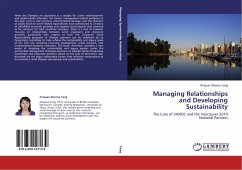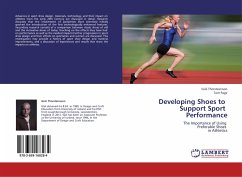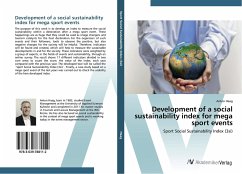When the Olympics are appraised as a catalyst for urban redevelopment and global media attention, the Games' management-related problems of the past, such as cost overruns, environmental damage, and the diversion of public funds to event-related expenditures have contributed to a history of unfulfilled economic promises and negative social impacts that continue to be concerns for host countries. However, there is a lack of research focusing on relationships between event organizers and corporate partners, particularly with respect to how the Corporate Social Responsibility programs of Olympic sponsors can be mobilized by an Organizing Committee to help achieve the sustainability and legacy goals of the host city, including economic development, social inclusion, and environmental footprint reduction. This book, therefore, provides a new model of analyzing the sustainability and legacy aspects under the partnership management strategies between an Olympic Games Organizing Committee and corporate sponsors. Based on the case of Vancouver, also discussed are the major relationship factors that influence corporations to be involved in both Olympic sponsorship and sustainability.
Bitte wählen Sie Ihr Anliegen aus.
Rechnungen
Retourenschein anfordern
Bestellstatus
Storno








